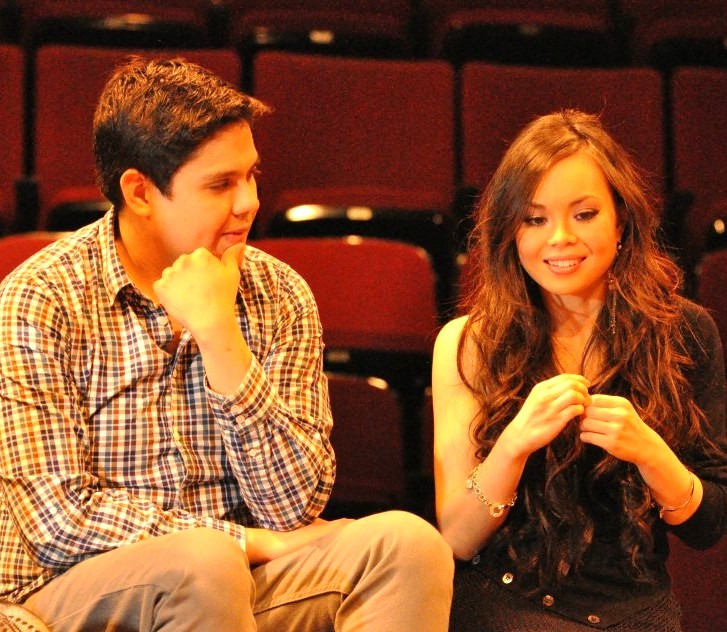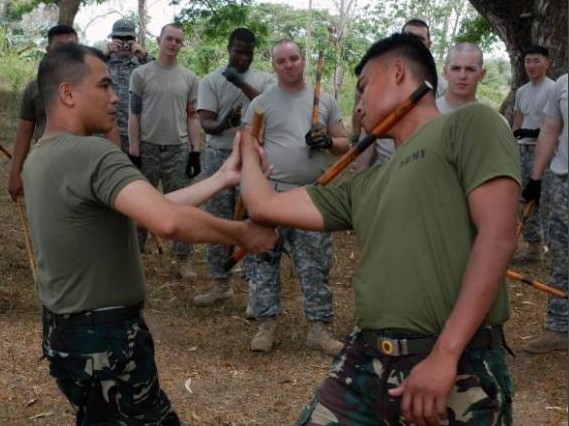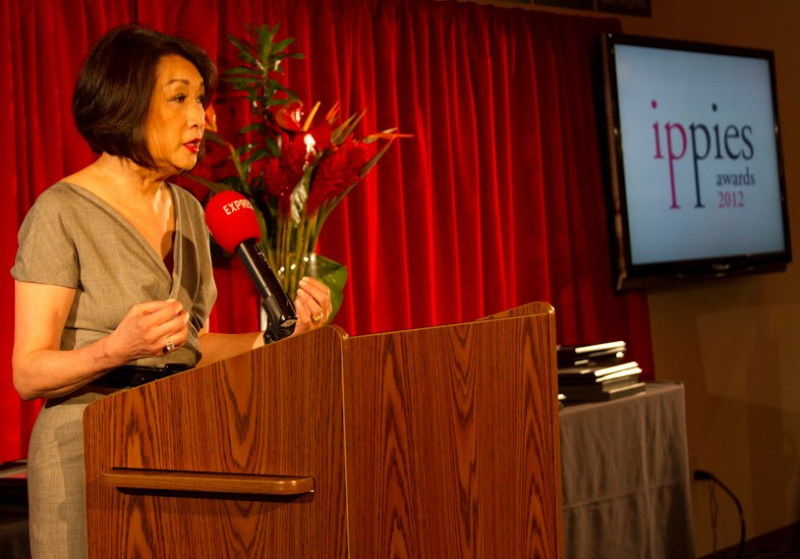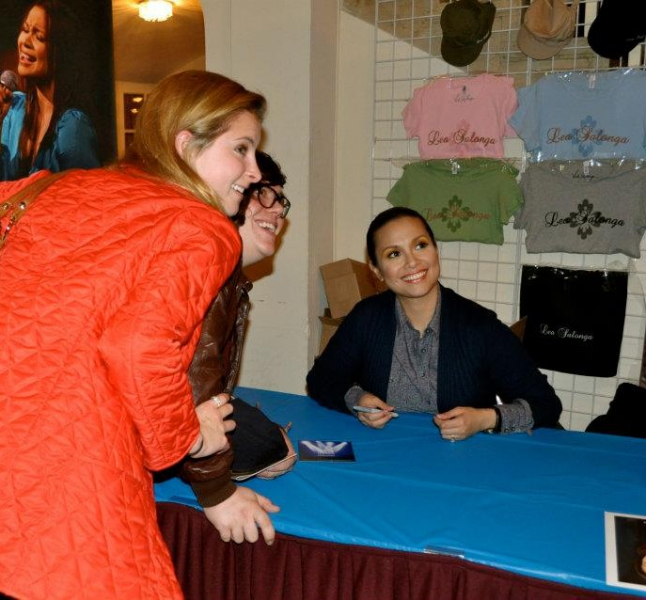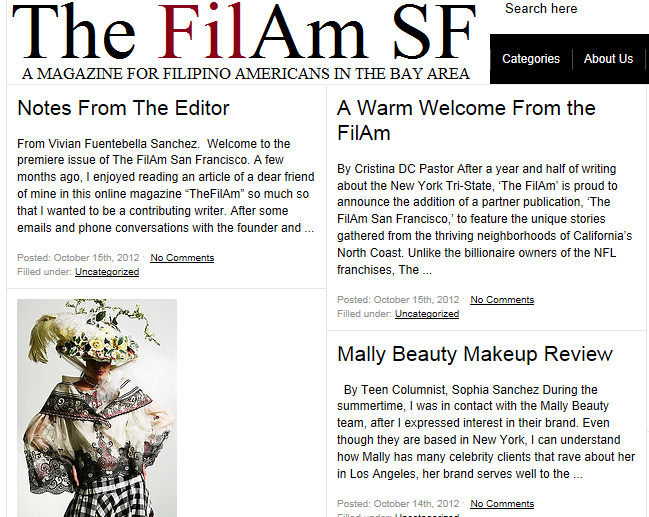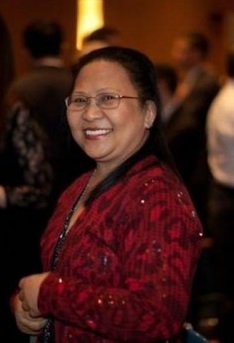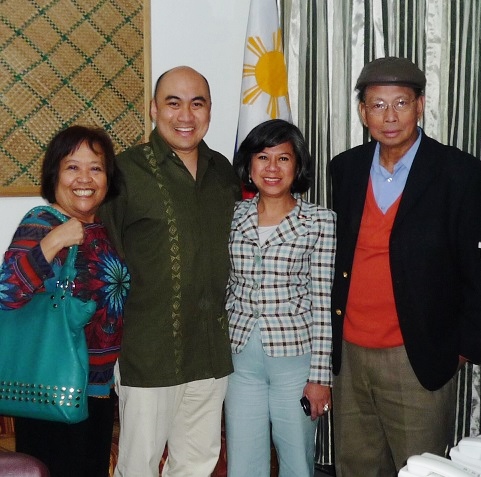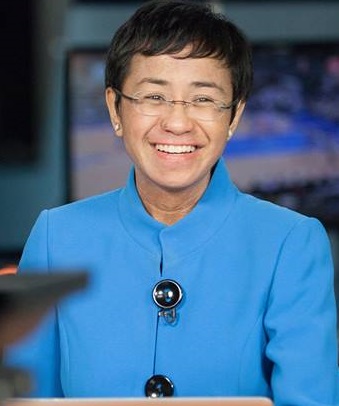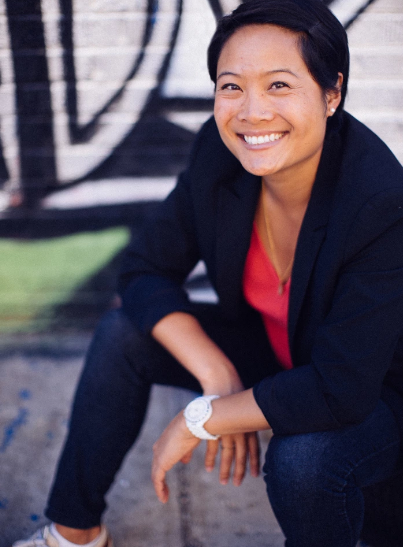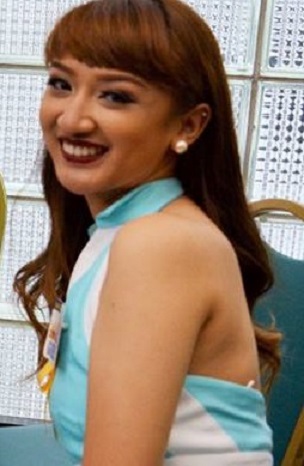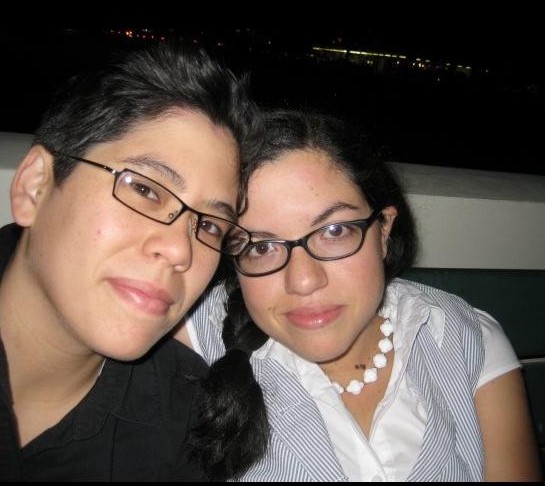‘I was called Negro; people didn’t know what Filipino was’
By Cristina DC Pastor
Artist Maria Watts, who grew up in Wayne, West Virginia, is making a film about finding her identity within a biracial family.
TF: Tell me about your film.
MW: I’m gathering interviews from my mother, my father, my two brothers and sister. I want to ask them questions about how it was for them growing up in a multicultural household, how did they discover their own identity. I feel like in the environment we grew up in we didn’t have that much of a cultural foundation at all.
TF: What kind of environment was that?
MW: We grew up in Wayne, West Virginia with less than 2,000 people and everybody around us was white. We were the darkest people in the town. We were seen as a unique family. The school was really tiny, the town was really small. Rumors run real fast, you get branded really quickly.
Wayne is very rural. Everyone on my father’s side went to the military. We’re the only kids that didn’t. My older brother is an artist. My younger brother writes, he’s a poet. I was very very quiet growing up. I got picked on a lot.
TF: Was the bullying because of your color?
MW: I thought so. People were calling me names I didn’t even associate with who I was — like Eskimo or Negro. (laughs) I’m Filipino, but people didn’t know what that is. In that town you’re either white or black. They didn’t know what kind of Asian we were. People didn’t know where the Philippines is.
TF: What questions do you have for your mother?
MW: Some things I want to explore are the choices that my parents made bringing us up as a family. She never spoke Tagalog in the house, rarely ever fed us Filipino cuisine. She came to West Virginia with my father, and she was very submissive at that time. She never really spoke up too much so a lot of people around her were more overbearing than she was. But she’s not submissive anymore. She has more of a voice now.
TF: What was your father like?
MW: My father was a marine, very American, very military, very strict. He is a strong man, very intelligent, but in his older age he’s become more lighthearted. I tried to ask him about politics but he never really wanted to go there with me.
TF: How did all the moving around from state to state affect you?
MW: I learned how to make friends easily, but not sustain them because you know that relationships will not last. I developed an understanding of different people, and also a curiosity. Also, I spent more time with myself. I think that’s what led me to be an artist, being a photographer and now doing video art and now filmmaking.
TF: What do you hope to find out about yourself from the film?
MW: I want to create a film that will talk about all this identity questions, gender and cultural politics. I think it’s going to clear up a lot of residue that’s out there…we want to know why this person is that way. Every family has that. Those weird little secrets.
TF: When did you start having questions about gender identity?
MW: It must have been when I was in high school, a time when I could make my own decisions. I was playing around with clothes I wore, being comfortable with who I hung out with. When I went away to art school at the Atlanta College of Art, a lot of my work was about gender identity. I began to question conventional concepts of boy-girl, male-female. I began dressing like a man.
TF: How did you come out?
MW: I came out when I was 17. My dad came to visit me at my dorm in college and he found photos on my wall and I was dressed in drag, shaved my head. I was very radical. This was the time to be experimental because you had your space, you were away from parents. Then we went outside, and he said, ‘I have a question for you: Are you gay?’ It’s totally awkward. We didn’t talk for many years after that.
TF: What’s your mom’s reaction?
MW: She was just real bland, like ‘Well, when you’re gay, you’re gay. There’s nothing I can do about it.’ She wasn’t angry, she was just like, ‘What can I do.’
TF: What’s become of your parents?
MW: They’re divorced. My father never remarried; my mother remarried two times. My mother’s very beautiful. She grew into an extremely independent woman. She’s retired now, she worked for the government. She’s also an entrepreneur. She opened an ice cream restaurant. It didn’t last very long.
TF: How did they react to the bullying?
MW: My dad was away a lot. So was my mom who had a job in Virginia. So we spent a lot of time with my grandmother. I never really bothered her with it too much because she’s old.
TF: Is there something you wanted to say about yourself in the film?
MW: I want to address this issue that not only am I Filipino and American, I am also a woman who looks like a man and dresses like a man. I don’t identify with the feminine identity or with the masculine identity.
TF: Is it confusing?
MW: Absolutely. Especially when you have to choose which bathroom to go into.
TF: Where do you usually go?
MW: Depends on where I am. In a gay bar you can go anywhere. But usually when I go into a woman’s bathroom I get comments like, ‘The men’s bathroom is down the hall.’ I went to this pizza place and used the women’s bathroom, and this woman started screaming at me. Then my girlfriend went into this long talk about being considerate before using hurtful words. I get into things where I have to talk politics when I use the restroom.
Maria Collantes Watts lives in Harlem with partner Von Diaz, an NYU grad student. Maria works at a non-profit digital library funded by the Mellon Foundation.
Cristina DC Pastor is the founding editor of The FilAm.

